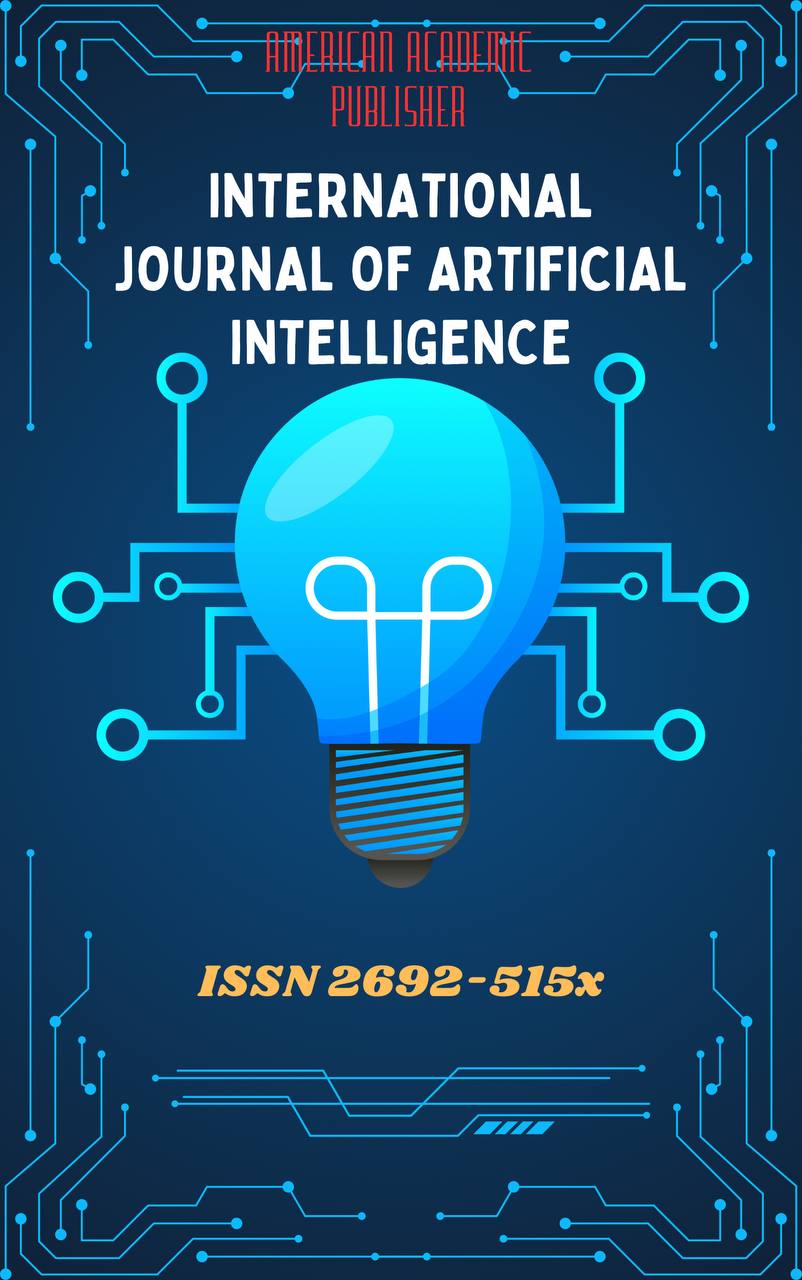 Articles
| Open Access |
Articles
| Open Access | THE ROLE OF PROCESS WRITING APPROACH IN ENHANCING STUDENT WRITING PERFORMANCE
Shakhnoza Rakhimova , PhD — Senior Teacher Uzbekistan state world languages universityAbstract
This article explores the effectiveness of the process writing approach in improving students’ writing performance, particularly within the English as a Foreign Language (EFL) learning environment. The process writing model treats writing not as a one-time activity but as a cyclical process involving key stages: prewriting, drafting, revising, editing, and publishing. Unlike traditional product-oriented methods that focus solely on the final written output, this approach encourages learners to reflect, collaborate, and refine their ideas over time. The research is grounded in both theoretical analysis and empirical classroom data, highlighting the role of peer and teacher feedback, self-assessment, and writing portfolios in enhancing learners’ skills. It was observed that students using the process approach exhibited improvements in organization, idea development, coherence, grammatical accuracy, and overall writing fluency. Furthermore, the model helped reduce writing anxiety and increased learners’ confidence in expressing their thoughts in written form. The study concludes that integrating the process writing method can significantly contribute to more learner-centered, interactive, and productive writing instruction in EFL contexts.
Keywords
process writing, writing skills, EFL learners, drafting and revising, student engagement, writing performance, language accuracy, instructional strategies, feedback, writing development
References
Badger, R., & White, G. (2019). Process writing and product writing: A comparison in EFL context. ELT Journal, 73(2), 139–147. https://doi.org/10.1093/elt/ccy067
Ferris, D. R. (2014). Responding to student writing: Teachers’ philosophies and practices. Assessing Writing, 19, 6–23. https://doi.org/10.1016/j.asw.2013.09.004
Hyland, K. (2016). Teaching and researching writing (3rd ed.). London: Routledge.
Manchón, R. M. (2017). The multifaceted and situated nature of task engagement in writing. System, 66, 83–95. https://doi.org/10.1016/j.system.2017.03.010
Seow, A. (2020). The writing process and language teaching: Revisiting process pedagogy. In J. C. Richards & W. A. Renandya (Eds.), Methodology in Language Teaching (pp. 315–320). Cambridge University Press.
Zhang, M., & Cheng, X. (2021). Peer feedback and writing performance in EFL classrooms: A meta-analysis. Language Teaching Research, 25(1), 1–23. https://doi.org/10.1177/1362168820953650
Alhosani, N. M. (2022). The effectiveness of process writing approach in developing EFL learners’ writing skills in UAE. Journal of Language and Linguistic Studies, 18(1), 245–257. https://www.jlls.org/index.php/jlls/article/view/4095
Nation, I. S. P. (2019). Teaching ESL/EFL reading and writing. New York: Routledge.
Tuan, L. T. (2017). Integrating peer response and process writing in an EFL context. English Language Teaching, 10(5), 100–112. https://doi.org/10.5539/elt.v10n5p100
Khudoyberganova, D. (2018). Integrating innovative methods in English writing instruction in Uzbekistan. Uzbek Journal of Language Teaching and Linguistics, 2(3), 47–55.
Article Statistics
Downloads
Copyright License

This work is licensed under a Creative Commons Attribution 4.0 International License.

